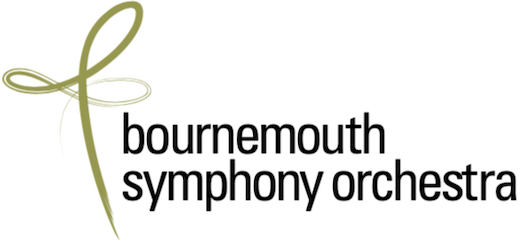Tell us about your musical background…when did your love of music begin?
I was exposed to music at an early age. My parents are not professional musicians but they love music and much of my early childhood involved music at home. I think the most important aspect of my early development as a musician was my first Classical concert experience. I was around 6 years old at the time and my dad brought me to see a symphonic concert at the Hong Kong Cultural Centre concert hall. I was fascinated by different orchestral instruments on stage and I managed to sit through the entire concert.
When did you start composing? Can you talk us through the writing process?
I started composing when I was in sixth form as part of the course and I didn’t enjoy it at the time. I didn’t have a great interest in composing music until I was in my second undergraduate year, when my earliest influences were Penderecki and Pärt, the most memorable pieces I looked at during that time being Polymorphia and Cantus in Memoriam Benjamin Britten. They were the key to changing my perspectives on classical music and they led me to explore sound and space as well as experimenting with extended techniques.
It’s difficult to explain the writing process as it’s different every time when I start a new piece. And I found that maintaining a healthy head-space is very important to me throughout the creative process. My writing process usually begins with endless process of listening and studying scores before I start sketching ideas. I rarely write the whole piece with a big brush, I often adding, reworking, omitting and discarding ideas until I know I am ready to start writing the piece.
You’ve recently won various prizes, one of which included working with Thomas Adès…can you tell us more about this?
Being selected to be in the final and receiving the prestigious award from Toru Takemitsu composition competition was one of the experiences that I will never forget. I had a lovely time working with the Tokyo Philharmonic Orchestra and conductor Yoichi Suigiyama and had the opportunity to meet Thomas Adès in-person on the final day of the competition.
Due to travel restrictions, I wasn’t able to attend the competition in Japan. However, finalists from the UK participated in the competition remotely at a Japanese broadcasting studios in London. Even though I had meetings with the conductor, rehearsals, and watched the concert remotely it didn’t feel like I was participating in the competition from the other side of the world thanks to technology enabling us to communicate live.
How does your work as Assistant Librarian at the BSO feed into your work as a composer?
Being an assistant librarian at the BSO has expanded my repertoire and knowledge in orchestral music, and I also get to prepare scores and parts for community settings. I have most recently been selected to take part in Sound Scotland and Red Note Ensemble’s The Engaged Composer Professional Development Scheme, which means I’ll get to curate and deliver a community project in Dorset next year. I am incredibly grateful for my current position at the BSO: it’s part-time, which gives me a guaranteed income so that I can devote myself to compose the rest of the time.
We’re looking forward to hearing Unforged in our 24 November concert, can you tell us a bit more about the piece?
The title of the piece Unforged means to me authenticity, originality and possibility. My intention is to start with a minimal idea in the piece then gradually expand, evolve and develop it into a rich and complex soundworld.
You can hear Carmen’s new piece Unforged in our 24 November concert! To read our autumn season press release click here.





